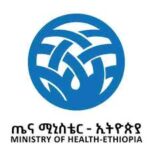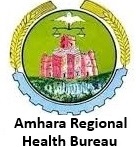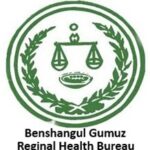Overview
- Improve data quality and transformation of health information in the three regions.
- To improve the quality of data and practicing the data quality assurance techniques at all levels.
- To improve the culture of using health data for decisions at the lower levels in the health system.
- To improve the capacity of health workers and health managers to use health information for evidence based decision making.
- To support the implementation of IR guideline.

Exceptional Performance Award
by the Ministry of Health of Ethiopia.
Key Focus initiatives
- Support Woredas and health facilities to improve Data Quality and information use.
- Build capacity of health administrators and health care workers to improve the culture of information use for decision making.
- Implement priority eHealth applications at health institutions level.
- Improve sustainability and continues enhancement of selected eHealth applications through Centers of Excellence.
- Integrate HIS in Pre and In-service Trainings.
- Support for Connected Woreda Program Implementation/IR guideline I,plementation.
- Best Practices Documentation and Dissemination.
- Conduct and publish operational researches for enhancing evidence based decision making.
Collaborators
The University will collaborate with FMOH and RHBs in the implementation of those initiatives in those three regions. The university will use its strong and multidisciplinary team of experts at CDHi . Research projects of masters and PhD students will be linked to this implementation woreda to generate evidence for our interventions.





